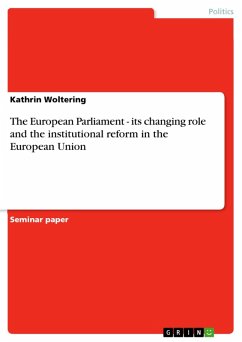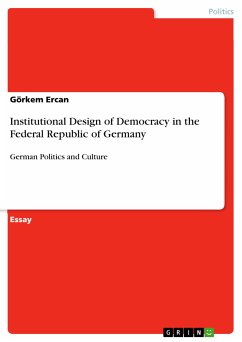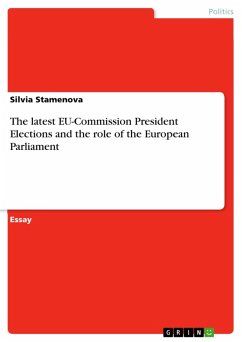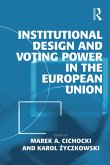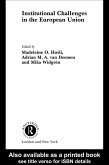Seminar paper from the year 2002 in the subject Politics - Topic: European Union, grade: 2,0 (B), University of Twente (School of Business, Public Administration and Technology), course: European Institutions, language: English, abstract: Since 1979 the European Community resp. nowadays the European Union is provided with a parliament. From this time on there have been a lot of vehement and controversial discussions mainly concerning the role of this European Parliament (EP) and its legitimacy. Keeping this in mind, before lighting up the details of the institutional reform process - mainly focussing the recent Convention (-Debate) -, I will present the basic principles of constitution, tasks and functioning of the European Parliament. As said in the Treaty of Rome from 1957 the European Parliament represents the people of the Member States of the European Community. Thus "375 million European citizens in 15 countries are now involved in the process of European Integration through their 626 representatives in the European Parliament1" (http://www.europarl.eu.int/presentation/default_en.htm, 30.04.03). In its constituting session on March 21, 1958 the general assembly was named "European Parliament". Until 1979, every five years the European Parliament is build by direct universal elections. The main tasks of the EP are consultation and supervision; it is also featured with the right to sue to the Court of Justice. The seat of the plenum of the EP is in Strasbourg - supplementary the Committees hold their meetings in Brussels, the General Secretariat remained in Luxembourg. The tasks of the EP are composed of the general legislative power, the constitutional right to decide on the budget, the right of control and interaction. To explain this aspects more detailed: · The general legislative power: The Parliament grew from a kind of forum to a shaping actor (cp. Schmuck 1994: p.22). By dint of the so called isoglucose case the European Parliament was given a "very useful delaying power" (Nugent 2001:p.207). [...] 1 Germany: 99; Great Britain, France and Italy: 87 each; Spain: 64; the Netherlands: 31; Belgium, Greece, Portugal: 25 each; Sweden: 22; Austria: 21; Denmark and Finland: 16 each; Ireland: 15; Luxembourg: 5 (Art. 190 ECT).
Dieser Download kann aus rechtlichen Gründen nur mit Rechnungsadresse in A, B, BG, CY, CZ, D, DK, EW, E, FIN, F, GR, HR, H, IRL, I, LT, L, LR, M, NL, PL, P, R, S, SLO, SK ausgeliefert werden.

